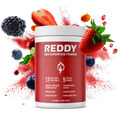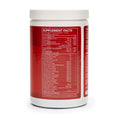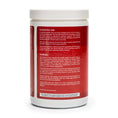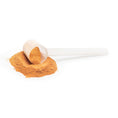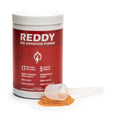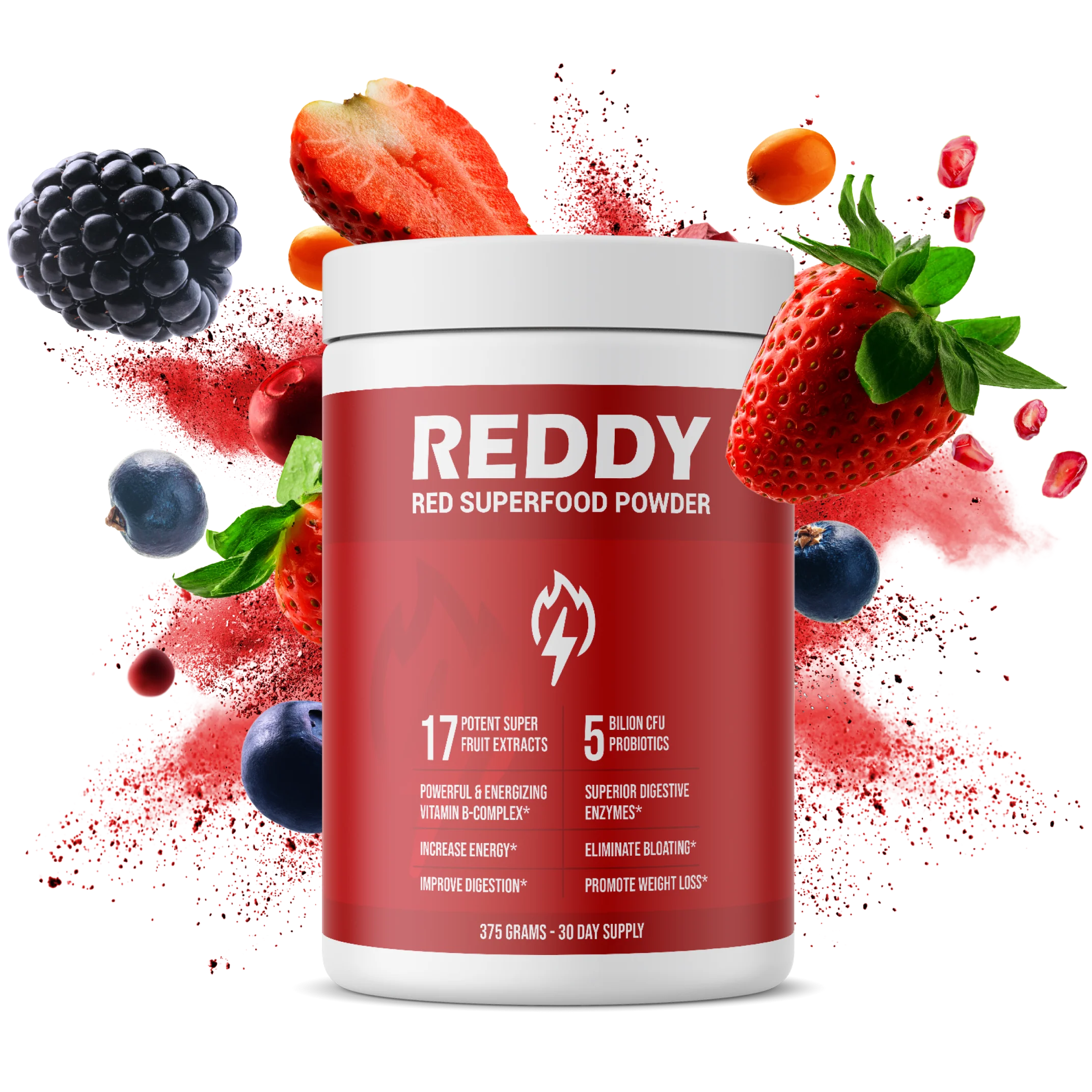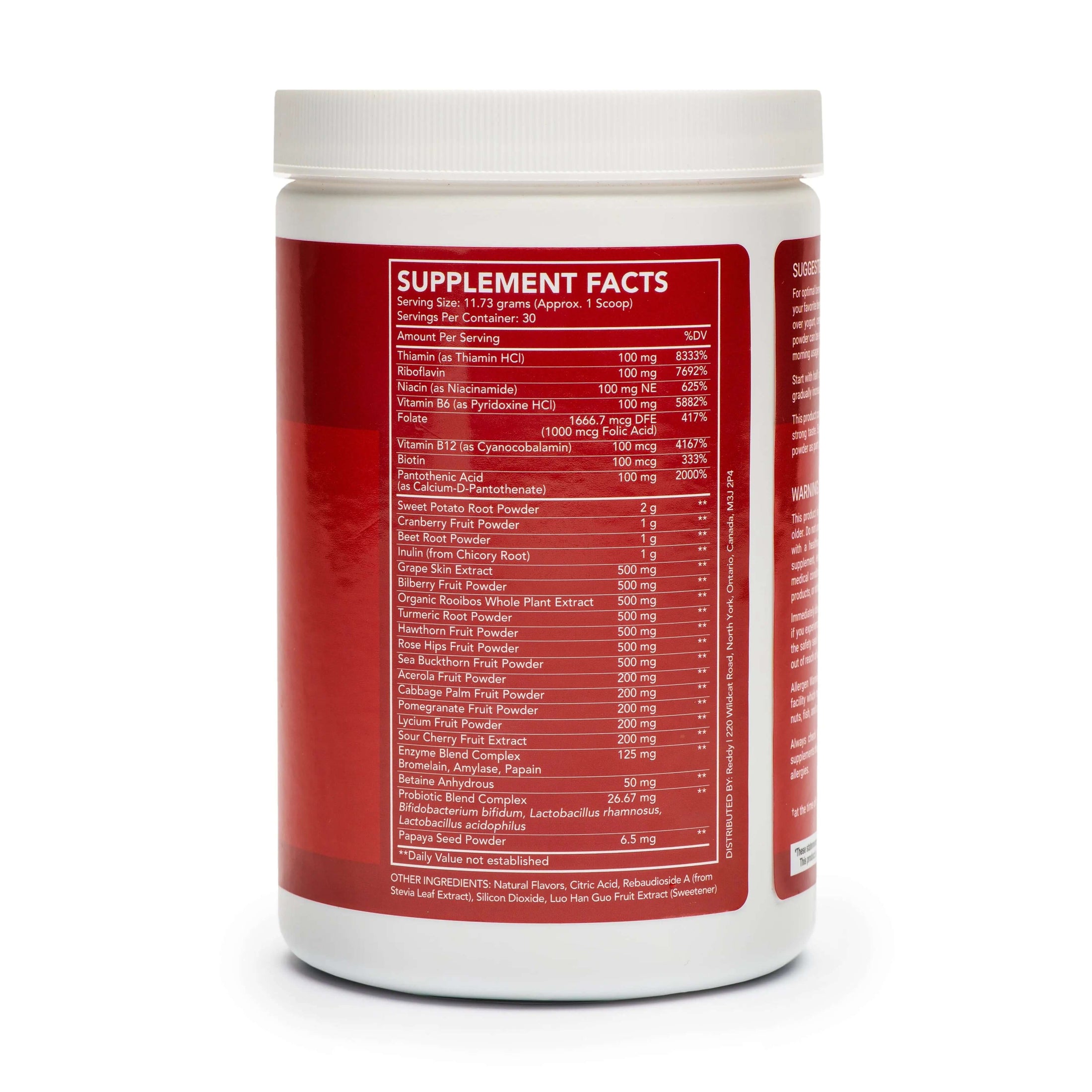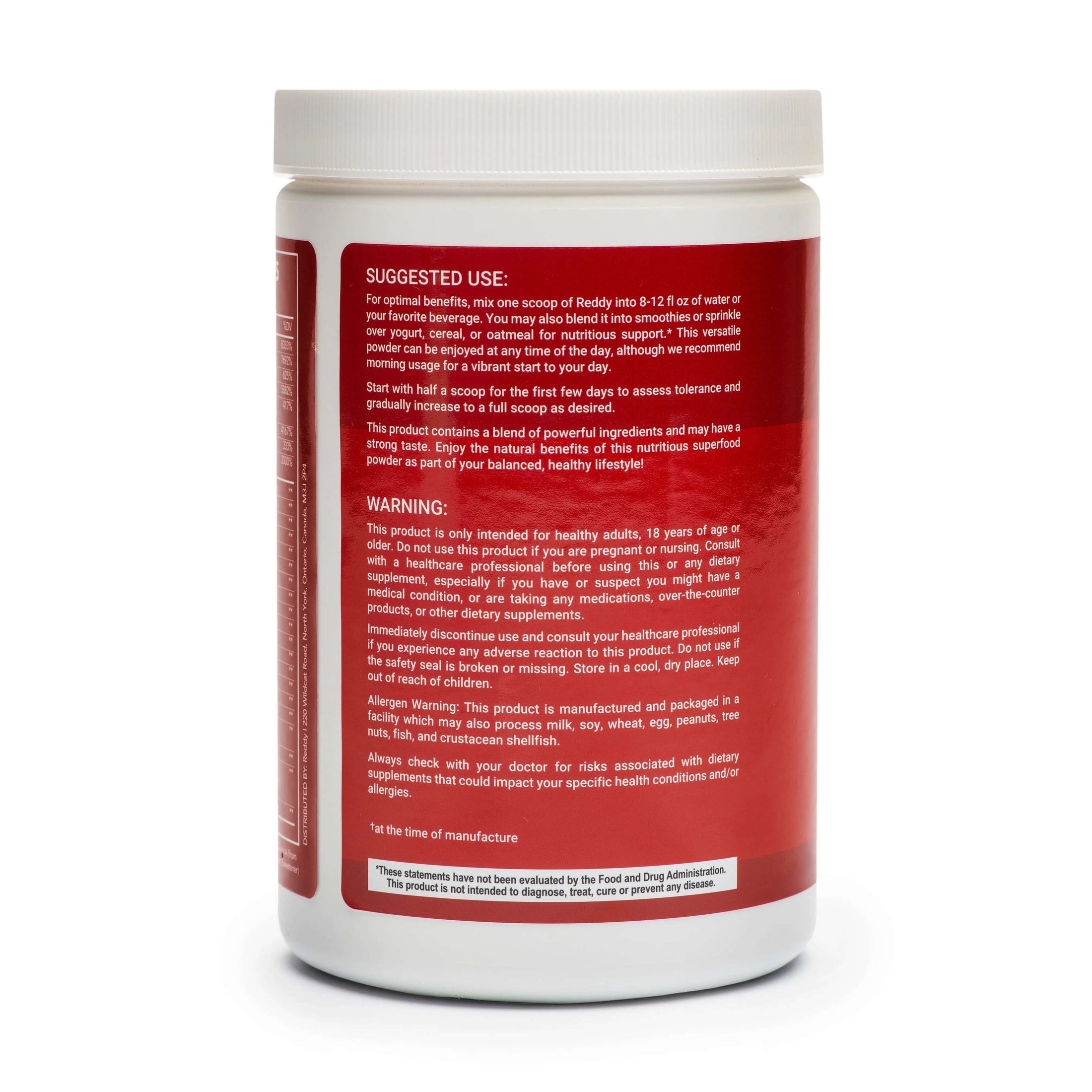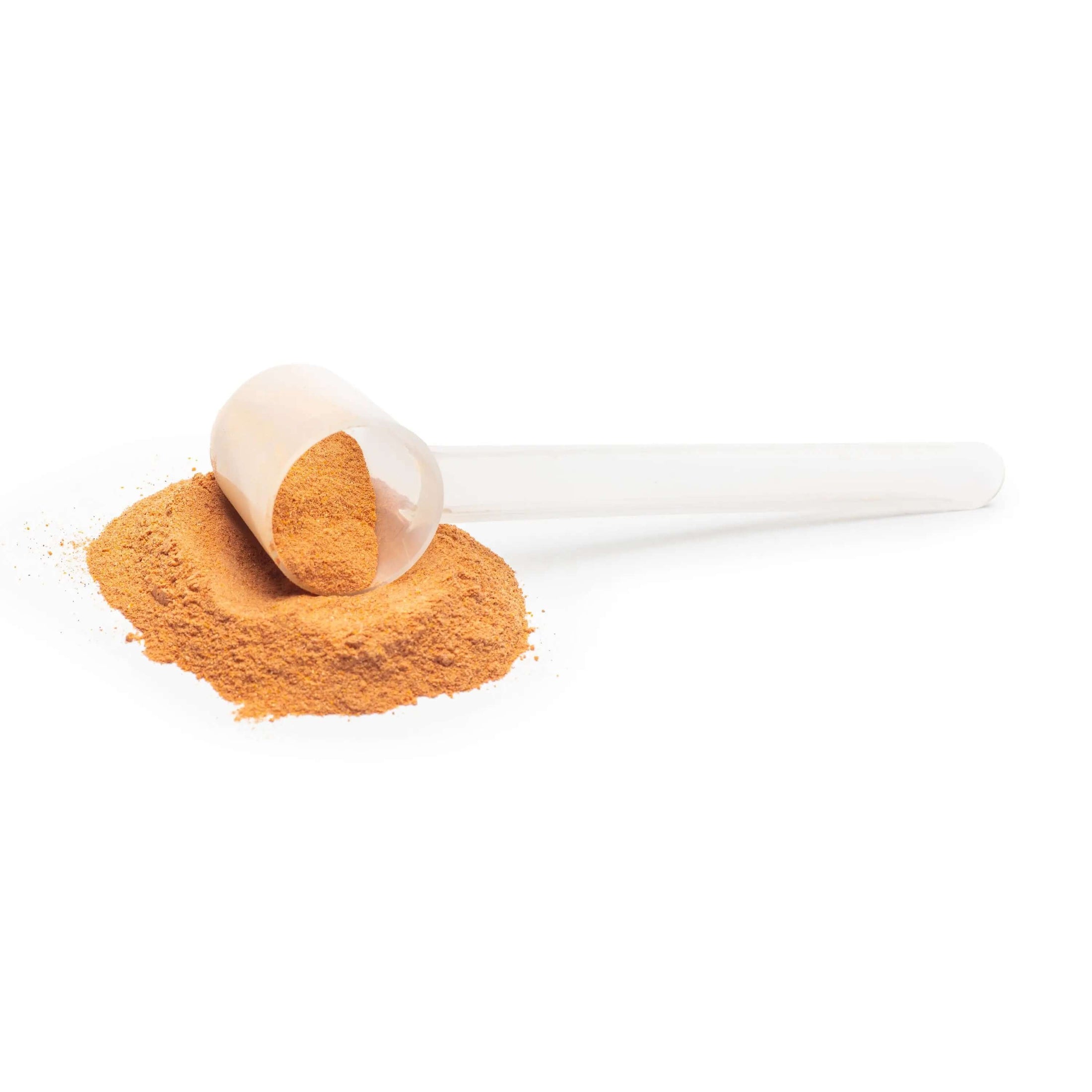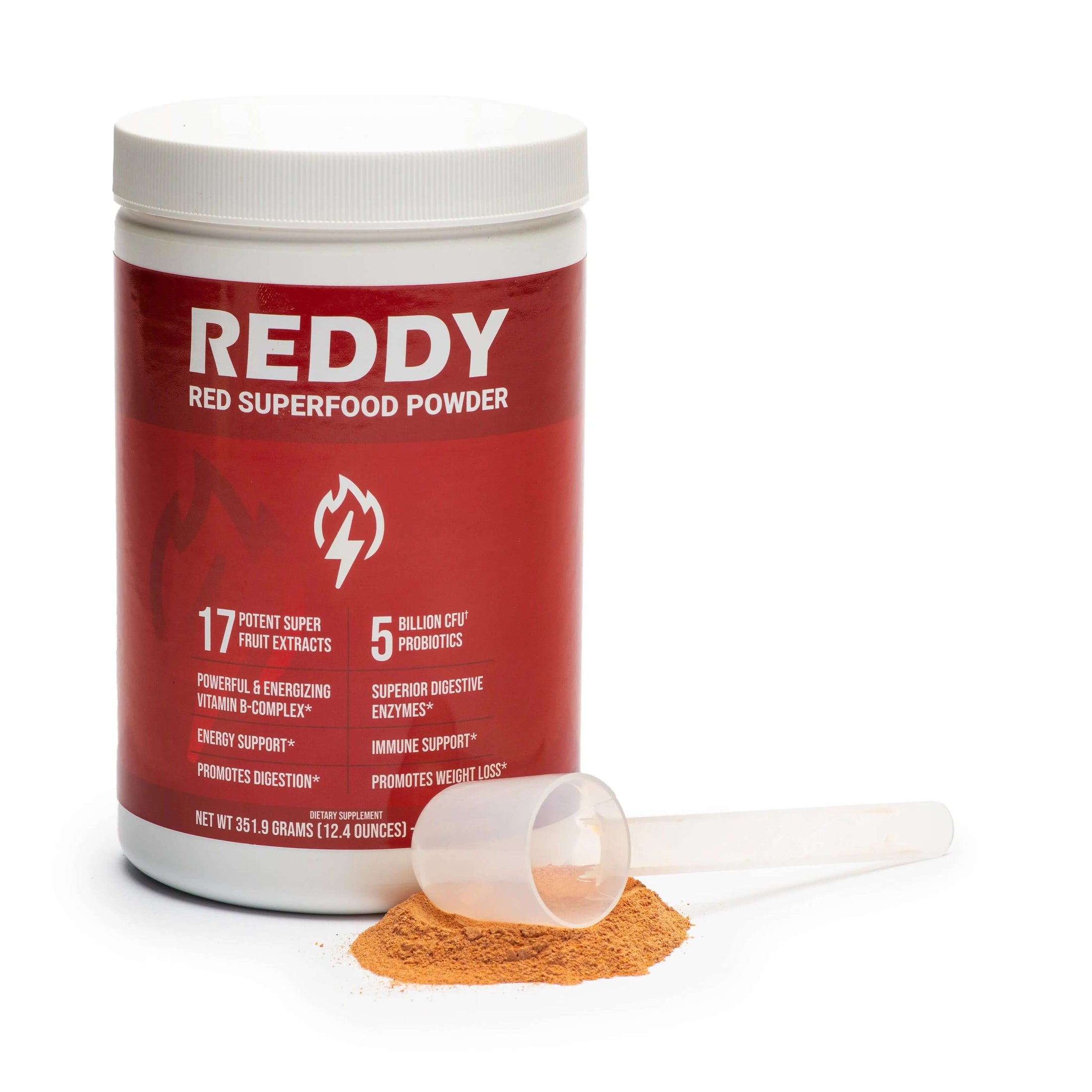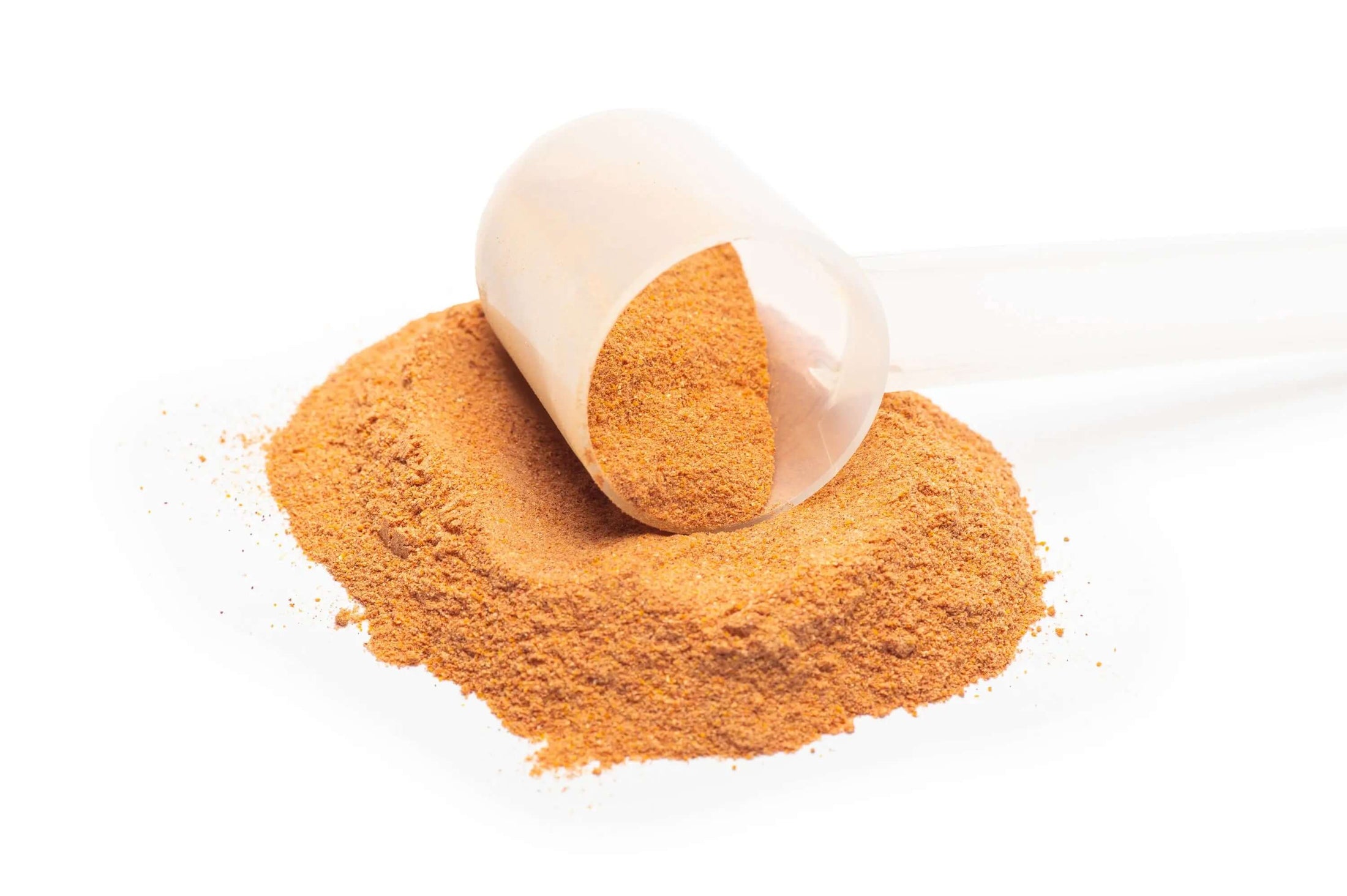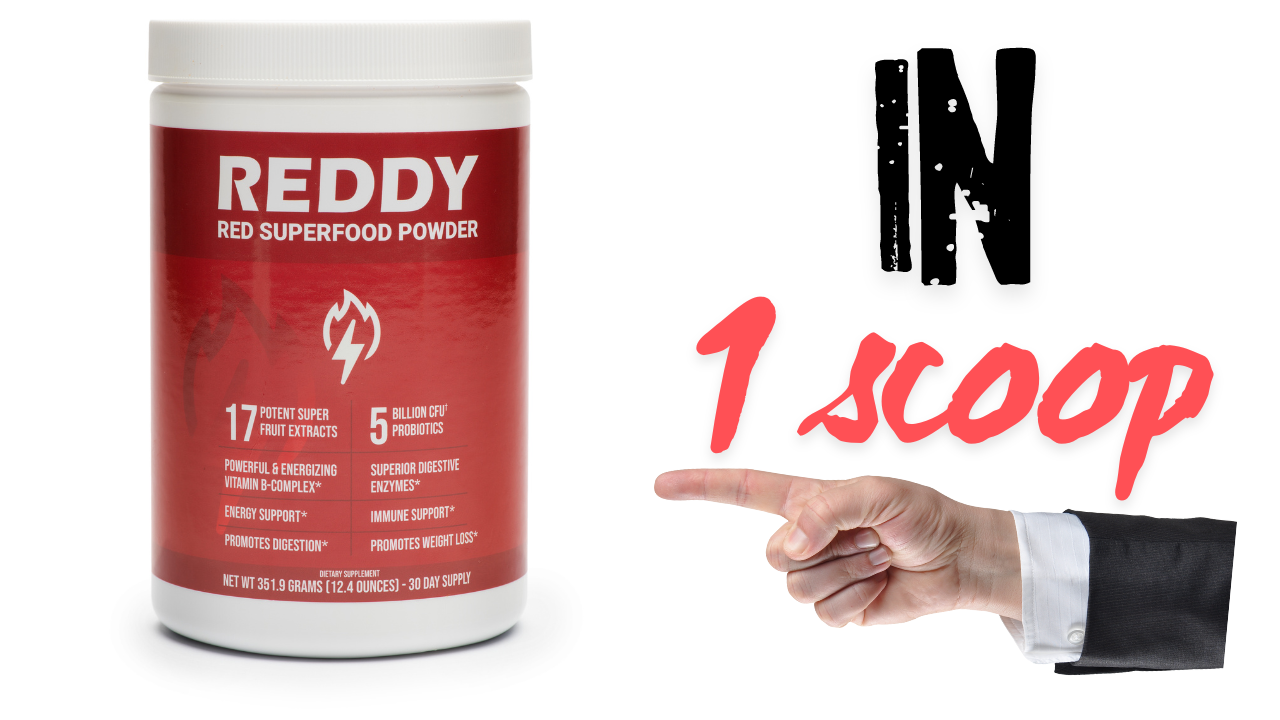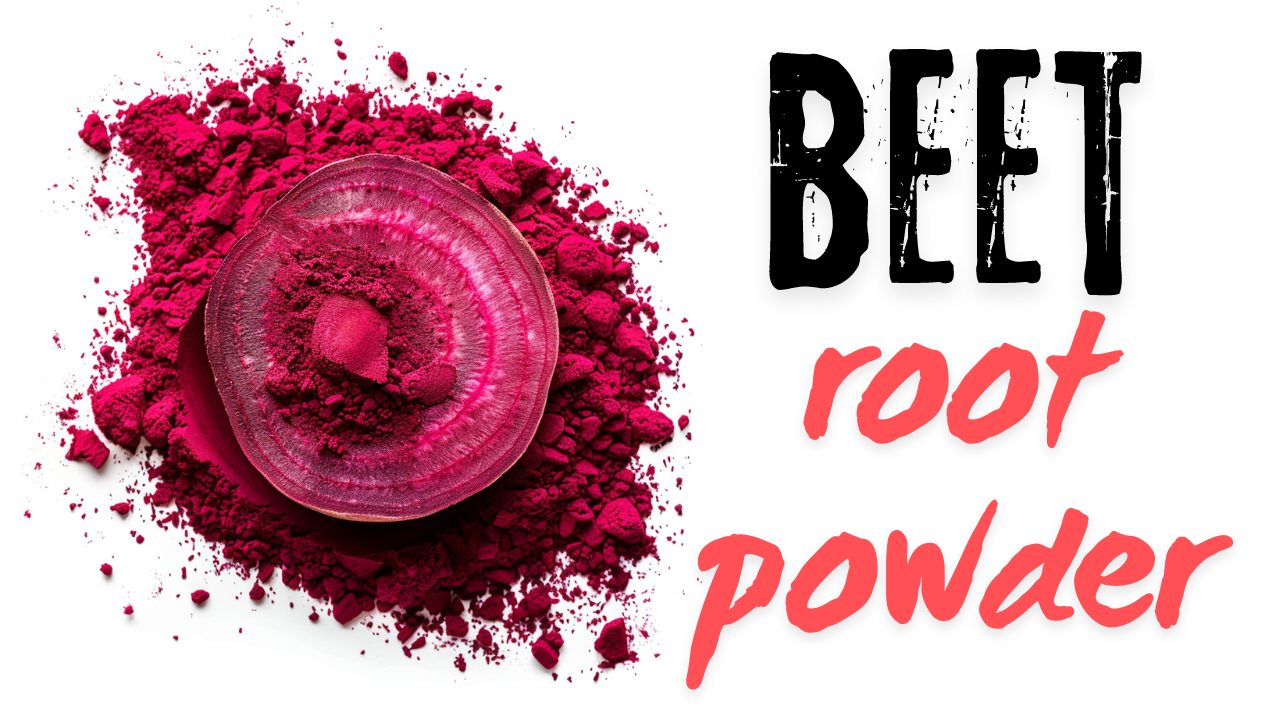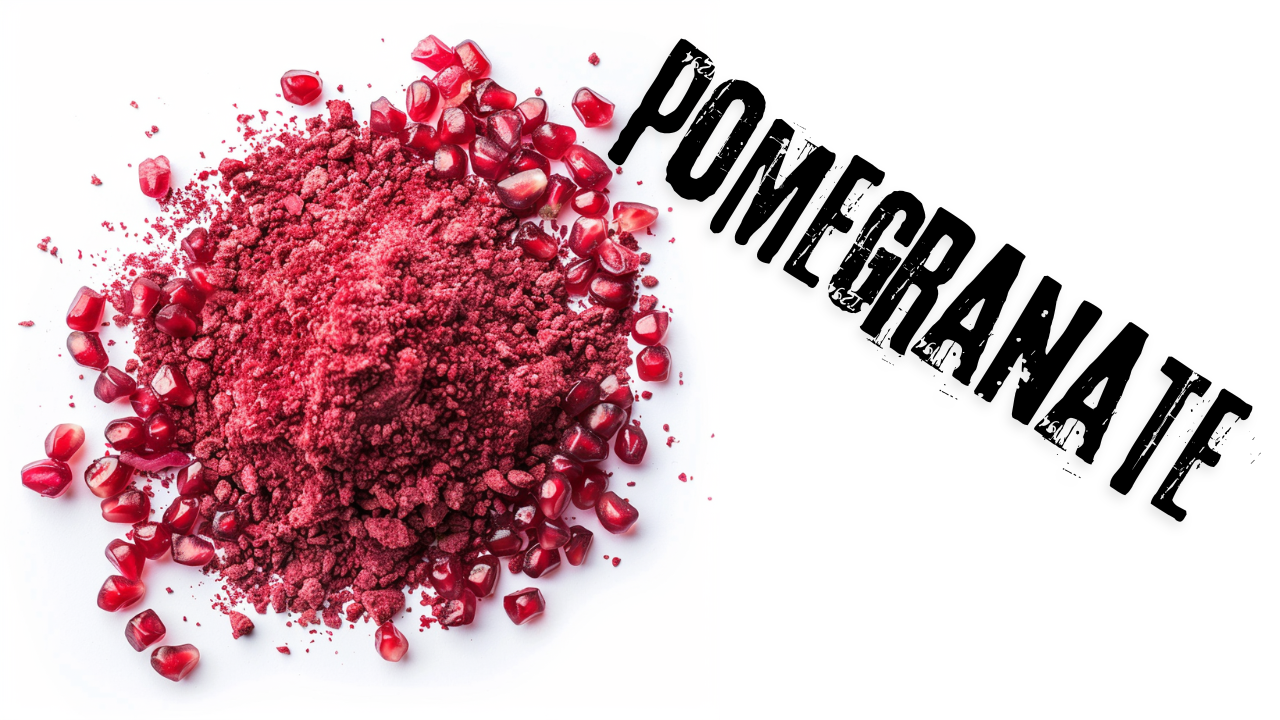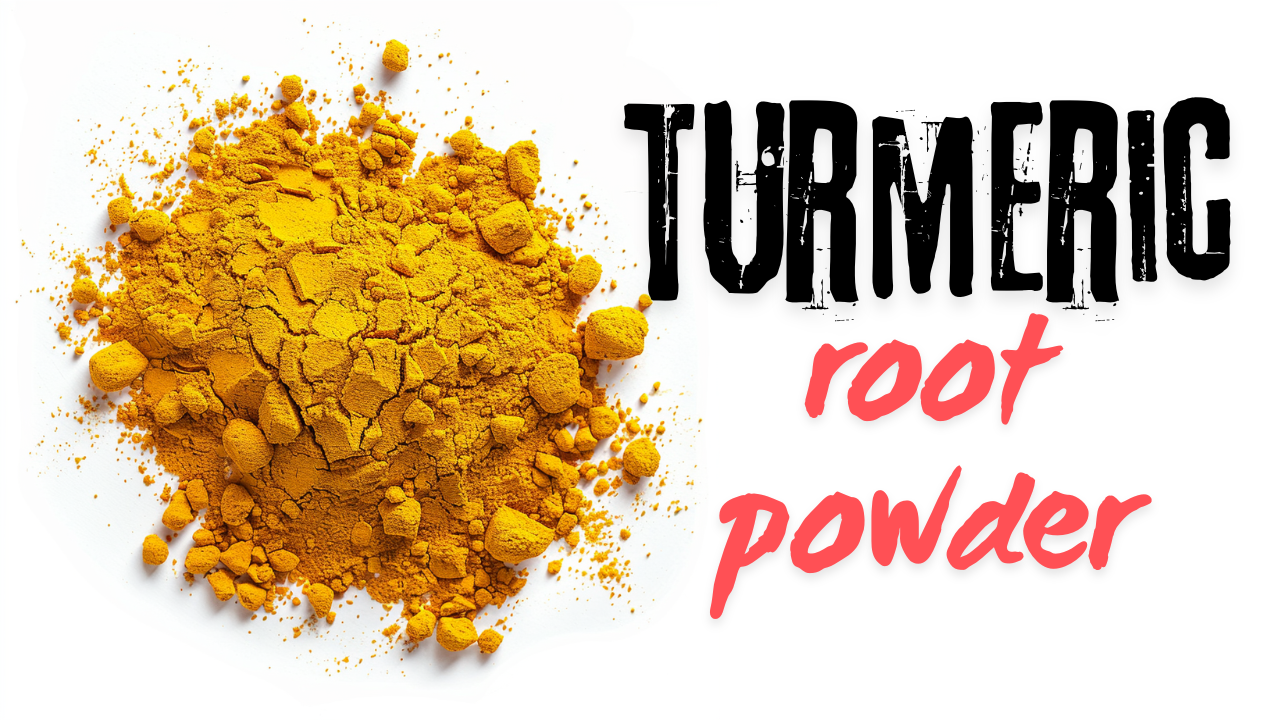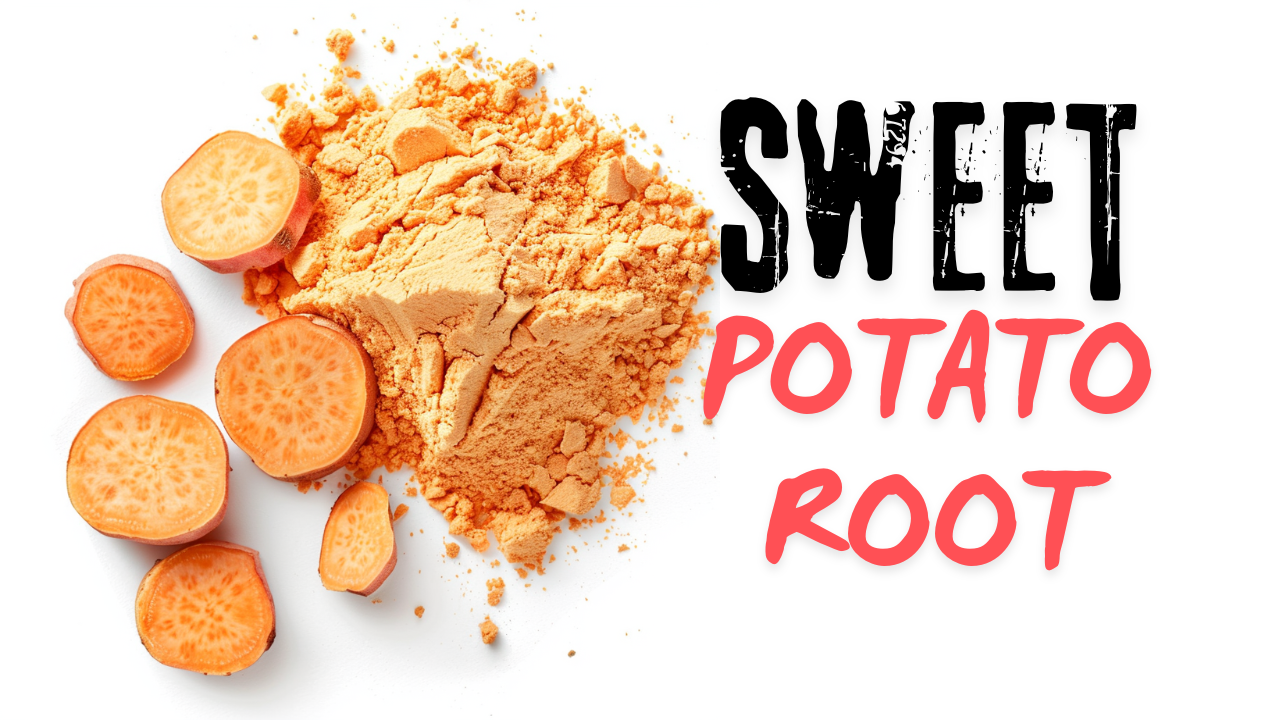The saying "you are what you eat" takes on a new meaning when it comes to gut health. With a growing understanding of the gut's impact on overall well-being, the importance of maintaining a healthy gut has never been clearer. This article delves into the world of gut health supplements, highlighting key types and their benefits.
Probiotic Supplements: Your Gut's Best Friend
- Overview: Probiotics are live bacteria and yeasts beneficial for digestive health.
- Benefits: They restore the natural balance of gut bacteria, aiding digestion and enhancing immune function.
- Tips: Look for diversity in probiotic strains and a high count of colony-forming units (CFUs).
Prebiotic Supplements: The Unsung Heroes
- Overview: Prebiotics are fibers that feed the good bacteria in your gut.
- Benefits: They promote a healthy gut environment, boosting the effectiveness of probiotics.
- Sources: Inulin and oligosaccharides are common prebiotic ingredients.
Digestive Enzymes: For Efficient Digestion
- Overview: These supplements contain enzymes that help break down food substances.
- Benefits: They can reduce digestive discomfort, such as bloating and gas, and improve nutrient absorption.
- Common Enzymes: Amylase, lipase, and protease are key for digesting carbohydrates, fats, and proteins, respectively.
Fiber Supplements: The Foundation of Gut Health
- Overview: Fiber is crucial for a healthy digestive system.
- Benefits: It regulates bowel movements and supports a healthy gut microbiome.
- Types: Soluble fiber, like psyllium husk, is particularly beneficial for gut health.
Omega-3 Supplements: Anti-Inflammatory Power
- Overview: Omega-3 fatty acids are known for their anti-inflammatory properties.
- Benefits: They can help manage inflammation in the gut, which is beneficial for conditions like IBS and Crohn's disease.
- Sources: Fish oil and flaxseed oil are excellent omega-3 supplements.
Integrating Supplements into Your Diet
The key to benefiting from gut health supplements is integrating them correctly into your diet. Start with lower doses and pay attention to how your body responds. It's also important to maintain a balanced diet and healthy lifestyle alongside supplementation.
Choosing Quality Supplements
Quality is paramount when it comes to supplements. Opt for products that are third-party tested, free from unnecessary additives, and preferably non-GMO and organic.
Conclusion:
Navigating the world of gut health supplements can be overwhelming, but understanding the different types and their benefits is a giant leap towards a healthier gut and a happier life. Remember, these supplements should complement a healthy diet and lifestyle, not replace them. By carefully selecting and incorporating these supplements, you can significantly enhance your gut health and overall well-being.



